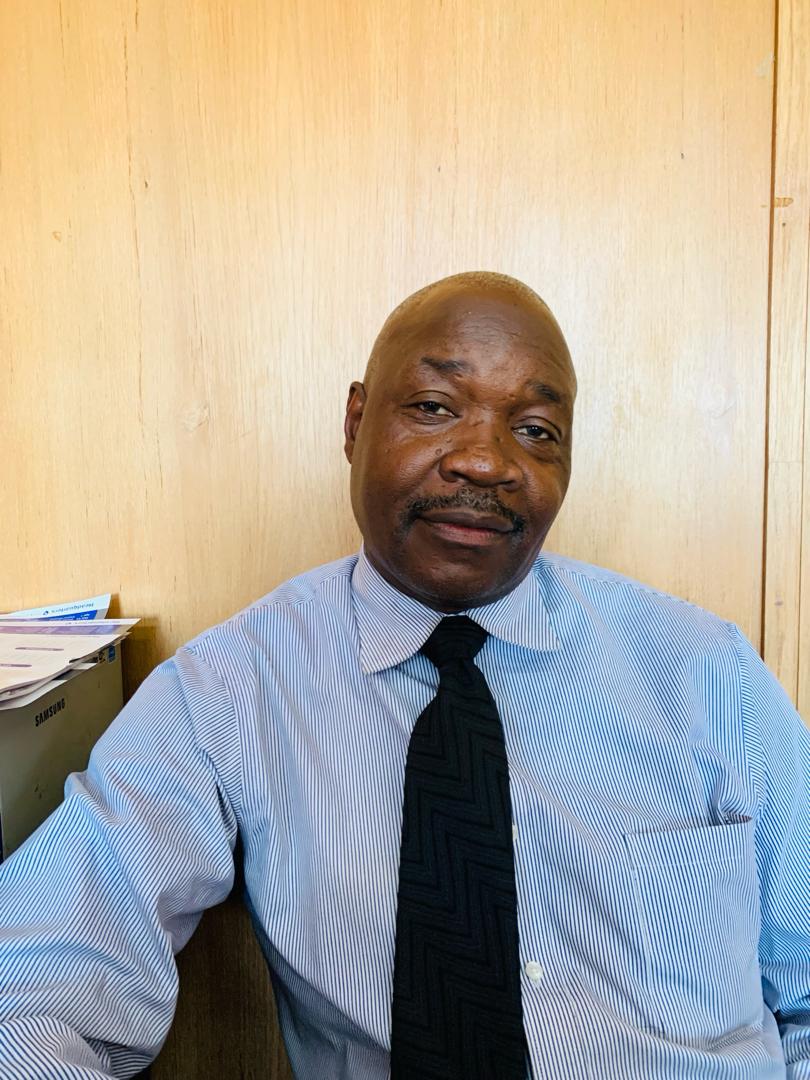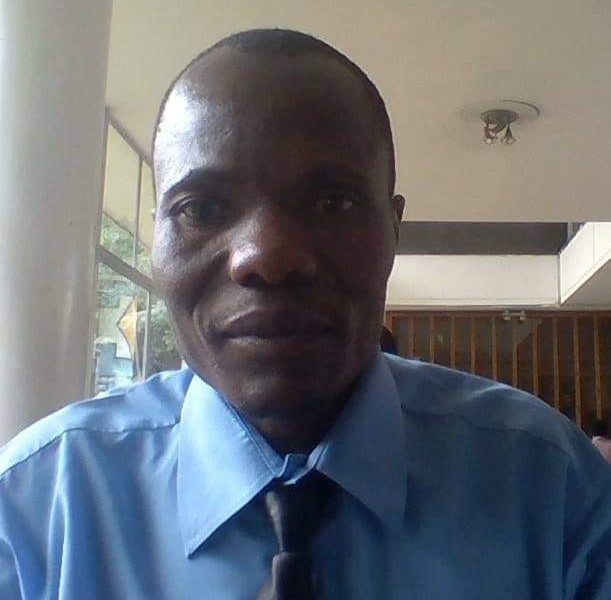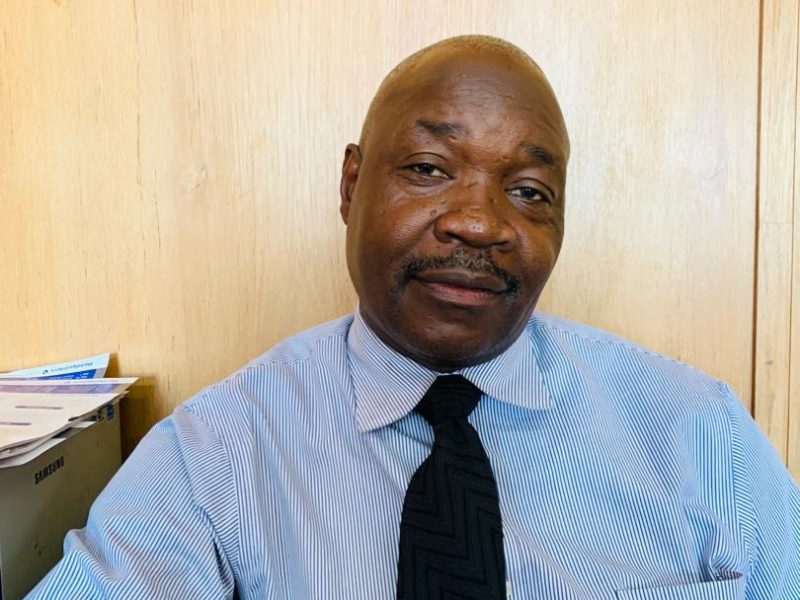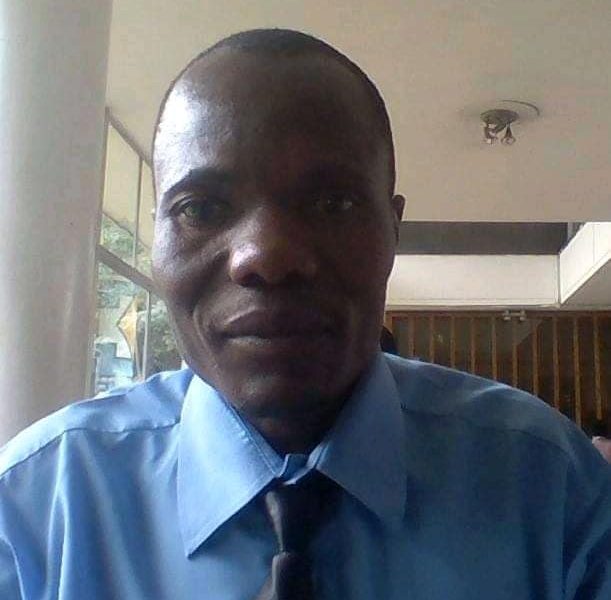Curiosity and Leadership Development
By Eng. Delight Makotose
For the past six weeks, we have been dissecting this engrossing subject of curiosity. We even highlighted the centrality of creativity and openness to leadership development. We also proffered that with a curious mind, a leader could navigate around the volatile, uncertain, complex, and ambiguous (VUCA) environment.
As we put a lid on this interesting subject, let’s zoom in on Improving Relationships, Team Dynamics, Empowerment, and Psychological Safety as critical ingredients for leadership development.
Openness is a facet of curiosity that works as a beautiful antidote to judgment and a productive way to foster team engagement and trust. Curiously asking questions — without attachment to the outcome — can disarm the defensive, stimulate the disengaged, and invite opportunities for quieter voices to emerge. This means the questions must not be pushy or leading in any way, but rather open-ended.
The heart of openness is remaining nonjudgmental of new ideas and adaptable to what might emerge. To truly embrace an attitude of openness means you begin to question things in your life and the world around you with no attachment to the answer. This last part is the key. It is also closely tied to the “not knowing” characteristic of curiosity. Even if the subject at hand is something you know a lot about – pretend you are getting to know it for the first time and with wonder, begin to inquire, observe, and learn. To do this without judgment requires an incredibly high degree of openness.
On teams with psychological safety, all voices are heard with relative equity. If you want to welcome all voices, you can’t judge ideas as they flow in. To create an environment that welcomes diverging views and ideas, a leader must create the conditions that invite – and even necessitate – that all team members share ideas and speak up – especially those that may not normally. These conditions might include systems, questions, and attitudes for the team to embrace. Get curious about how to create these conditions with your team and enroll your team’s ideas.
Leaders who are accustomed to criticizing or blaming team members create a breeding ground for defensiveness and disengagement — not exactly fuel for psychologically safe and empowered teams. Instead, see if you can remain open, and see any given situation from various perspectives. When you find yourself disagreeing with someone at work or wanting to point a finger or judge an idea, try opening your mind to their perspective, instead.
Interestingly, you can’t be judgmental and curious at the same time, which is one reason curiosity is so powerful. Imagine if your team meetings require all attendees to remain non-judgmental of ideas that are shared. This is a powerful ground rule to establish and model for your team, and the mood of curiosity is the ideal attitude to support that ground rule. If a team can embrace openness as a foundation, the characteristic of exploration flows much more effectively, giving rise to creative and innovative ideas.
Plus, embracing a curious attitude is fun and infuses a sense of lightness into what may otherwise be tricky or heavy conversations.
Curiosity can also help teams out of disengaged states by empowering them to arrive at their solutions. When you replace directives with open-ended questions, you remove yourself as the micromanager and crutch and give team members the steering wheel. Practice being inquisitive and asking a lot of questions, rather than jumping in with solutions, and see where it might lead. Often it will create higher levels of engagement and ownership.
Because curious leaders have changed the world, curiosity in leadership is a trait that every leader should have.
• Engineer Delight Makotose is the Director of the SMEs International Expo. For Feedback, you can send an email to demakotose@gmail.com

 English
English
 French
French
 German
German
 Italian
Italian







